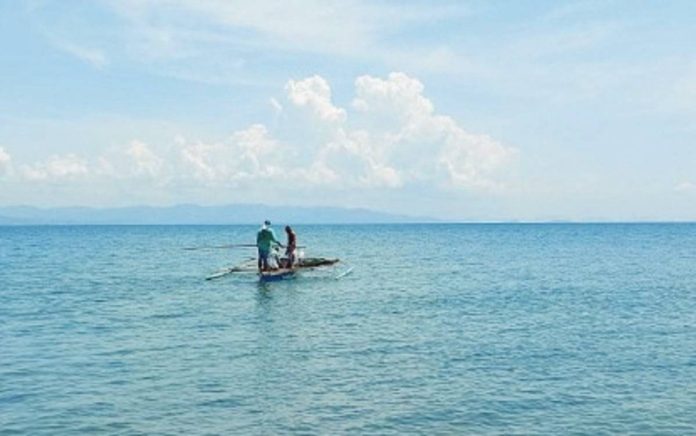
BACOLOD City – House Bill (HB) No. 9662, which seeks to transform the country’s maritime economy to a sustainable “blue economy,” has received the approval of the House of Representatives.
The proposed “Blue Economy Act,” whose principal author was Negros Occidental Third District Rep. Jose Francisco Benitez, hurdled the third and final reading on Tuesday, Dec. 12.
Blue economy refers to the integrated, holistic, cross-sectoral, and cross-stakeholder approach for the sustainable, resilient, and inclusive use, governance, management, and conservation of oceans, seas, marine and coastal resources, and ecosystems for economic growth.
“The concept of blue economy also enriches our understanding of national security and highlights civilian objectives. After all, national security is not only about border control but also about pollution control; not only about territorial integrity but also environmental integrity, not only about military security but also food security,” Benitez said.
Maritime industries of the Philippines contributed P857 billion to the economy or 3.9 percent of the 2022 gross domestic product.
The bill will ensure that ocean-based and ocean-related industries, from fisheries to shipping and tourism, will not cause damage to marine habitats. It also mandates marine spatial planning, a process to identify the best use of our maritime areas to prevent overlapping and conflicting uses and to mitigate environmental impacts.
It will also promote cross-sector engagement, putting value into the local and indigenous knowledge systems of small fisherfolk.
“At the core of our blue economy are small fisherfolk. We guarantee that subsistence fisheries, or fishing mainly for household fishing consumption, will not be displaced as we delineate our maritime zones for different uses,” Benitez added. (PNA)/PN






